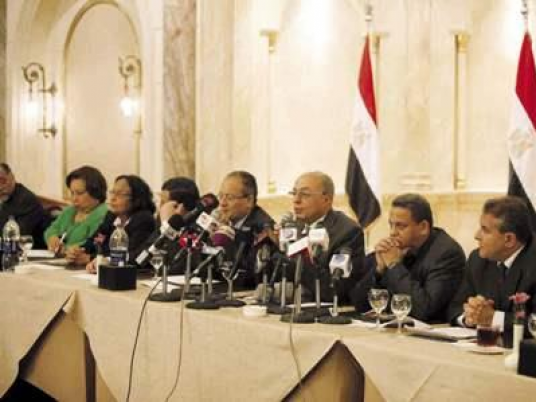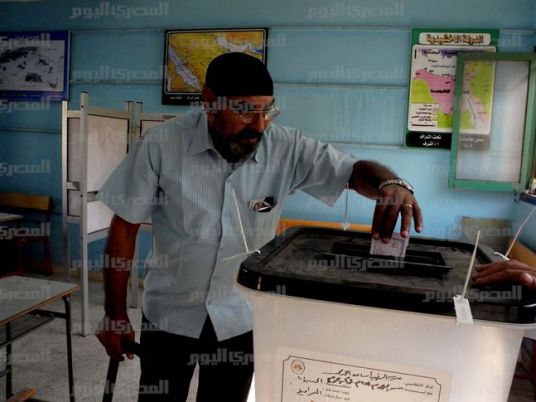
An electoral alliance loyal to Egyptian President Abdel Fattah al-Sisi has picked up all 60 list seats up for grabs in the second and final round of a parliamentary election marred by low participation, official preliminary results showed on Wednesday.
"For the Love of Egypt", a loyalist electoral alliance led by a former intelligence officer, has now swept both rounds of the elections and will enter parliament with all 120 seats allocated to winner-takes-all lists.
The second phase of elections, hailed by Sisi as the climax of the military's roadmap to democracy, were held on Sunday and Monday, with low voter turnout similar to the first phase.
Turnout in the latest round of voting, which took place in 13 provinces, including Cairo, was almost 30 percent, the election committee said on Wednesday.
The vote is meant to restore parliament after a gap of more than three years, which critics say have been undermined by widespread repression.
All but nine of the 222 individual seats contested in round two will be subject to run-offs between leading candidates. They will take place on Dec. 1-2 after candidates failed to secure a majority of votes in earlier rounds.
The new parliament will contain 568 elected members – 448 elected on an individual basis and 120 through the winner-take-all lists that have all gone to loyalists. Sisi may appoint as many as 28 more lawmakers.
Preliminary results are expected on Dec. 3, and the final list of parliamentary members will be announced on December 20.
Egypt's last parliament was elected in 2011-12, in the first election after the popular uprising that ended Hosni Mubarak's 30-year rule. Voting then was marked by long queues and youthful excitement. The Muslim Brotherhood, long the country's main opposition movement, won about half the seats.
A court dissolved that parliament in mid-2012. A year later, Sisi, then military chief, removed President Mohamed Mursi of the Brotherhood from power after mass protests against his rule.
The Brotherhood, Egypt's oldest Islamist organisation, was banned, declared a terrorist organisation and thousands of its members were jailed.
A list of socialist and liberal parties which would have presented the main opposition choice eventually withdrew, leaving the field dominated by Sisi supporters, Mubarak-era figures, provincial notables and businessmen.
These figures performed well in round one and look set to repeat their success.

